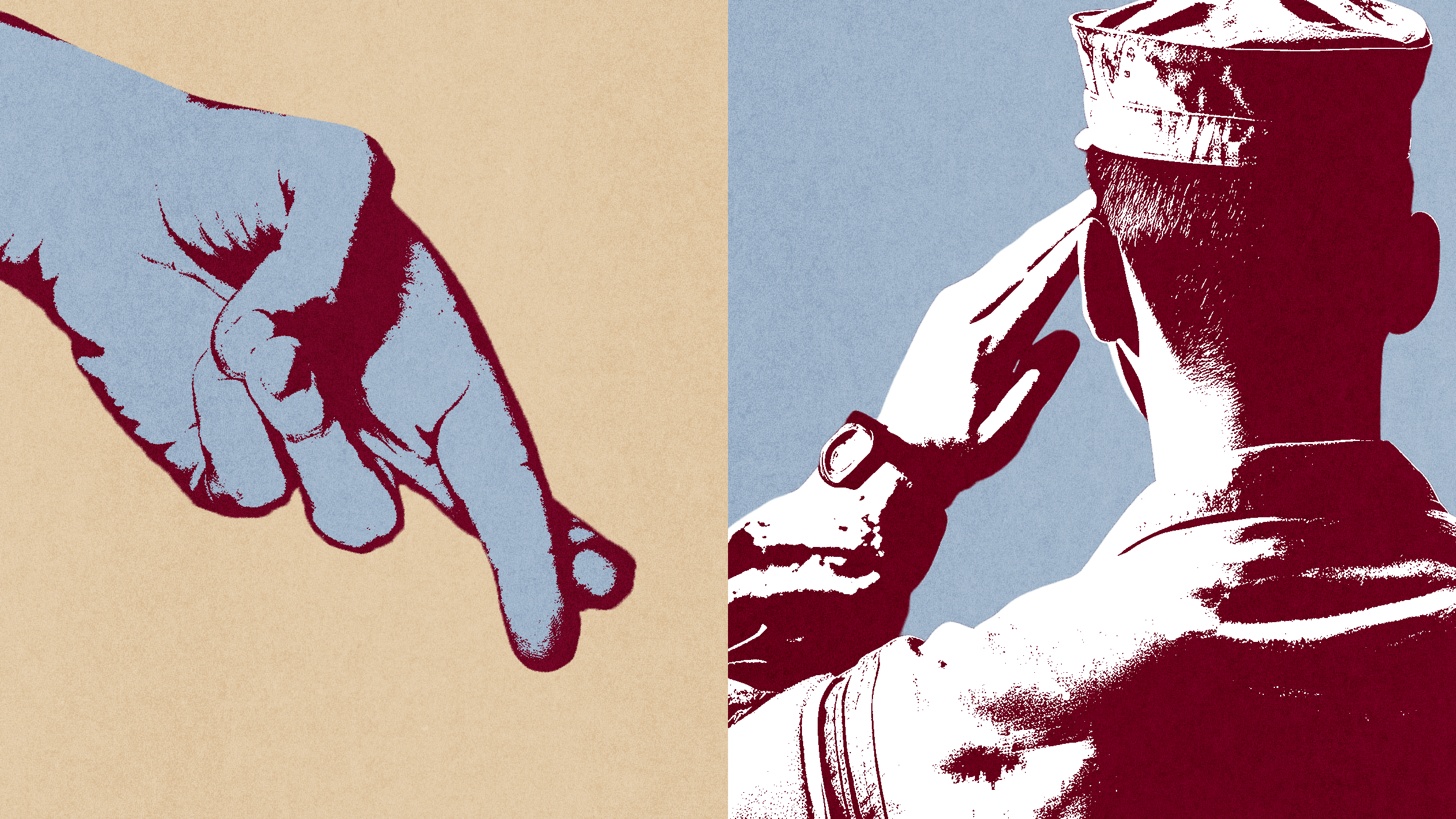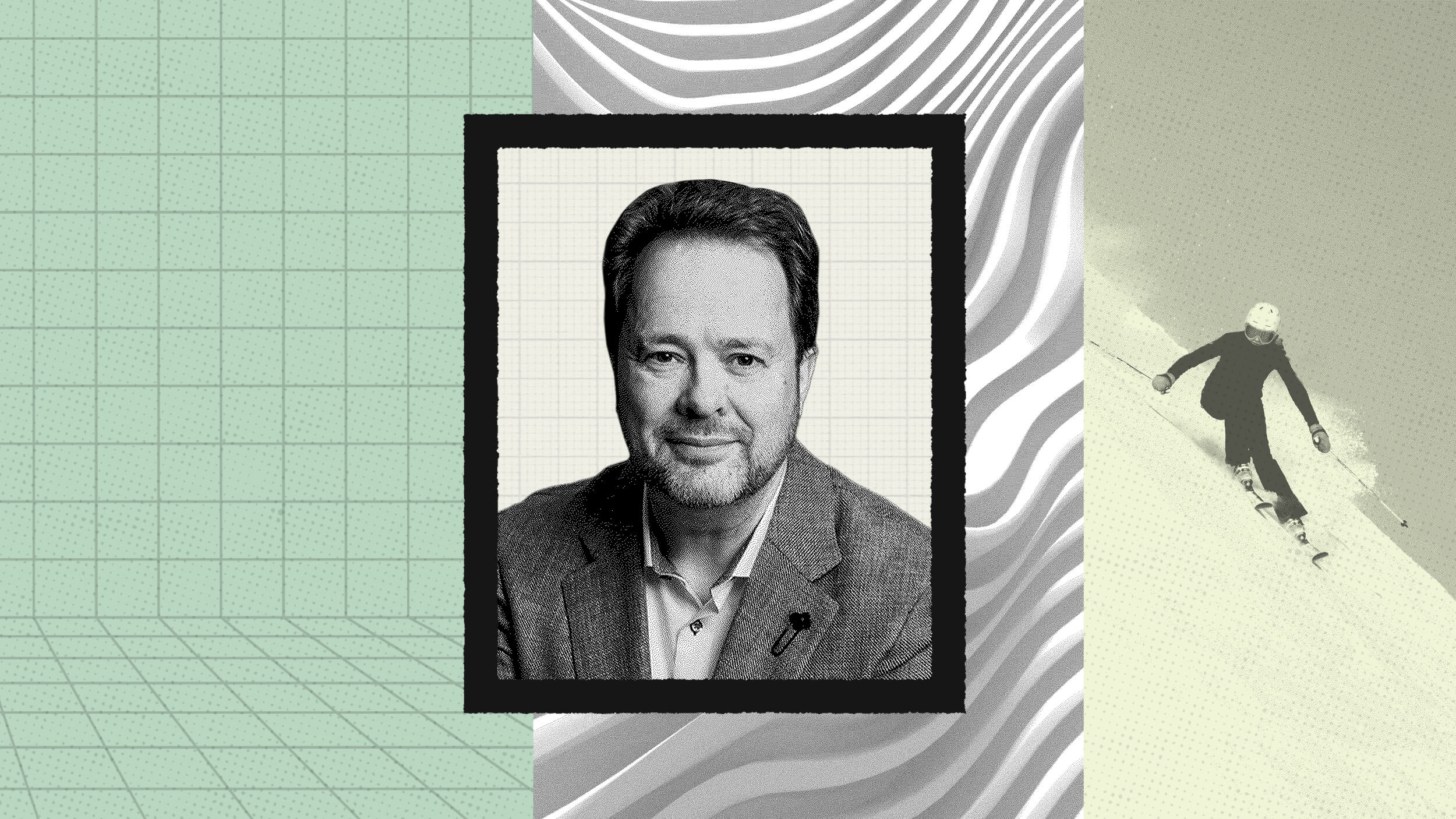Anna Deavere Smith talks about the quirks of an individual’s language and voice.
Topic: Language and individuality.
Well the first thing is that it is the actual making of language; the actual “in the present” moment sound that a person is making and how they’re making that sound. That’s where identity lives, I think.
Like if you took what I’m saying here, and you transcribed it, I don’t think that’s Anna Deveare Smith. But I think that a series of sounds and movements are Anna Deveare Smith. In other words, the outward product of that.
And you know your language is close to your breeding. It’s close to your heart. And usually, what I like to listen for is the time when somebody says something in an unusual way. And usually I talk to people for about an hour, and for example if they’re constantly using upward inflections – you know, always speaking up, everything that say goes up, which younger people tend to do. As I heard a very accomplished judge say, when asked what advice she could give to young women lawyers who are trying to make it, it’s don’t do that. Because what does it say to the judge if you come forward and say, “Your honor, my client is not guilty.” It sounds like a question, right? So if someone is talking all like that, what I’m going to listen for is the time that they don’t do that. And that’s what I would start to study as a way of characterizing them.
Whereas I think a professional mimic or an impressionist would pick the thing they do the most, because that’s what an audience could then identify as that person. So an impressionist doing George Bush is going to try to find the gestures and the, you know, the intimations that he keeps using over and over again. But if I were to study him – and I haven’t really – I’d look for when he did something that wasn’t what we’ve seen.
Anna Deavere Smith: Oh, that’s a really wonderful question. Well I would say President [Bill] Clinton, for example. I went to Washington and I interviewed 520 people or more. And I was surprised that I would say of those people, Clinton was probably among the five who had the most musicality in their language.
In other words, in Washington, I would say you begin to find less and less expression than you find in other places because people are very careful about what they say. They’re going to be judged for what they say. They could say the wrong thing or say it the wrong way and never live it down. So they have, as someone said very eloquently what Thomas Jefferson had, which is that Thomas Jefferson could never been found in verbal undress. That kind of verbal dressing makes it harder to find music in the language.
I’m trying to find the time that people start to sing. I call it “singing”. Not actually, you know, “la-la-la-la-la,” but they really start to open up rhythmically. More than, again, what’s the text, it’s more about this singing as I call it.
And I was surprised to the extent to which [Bill] Clinton sang. And the other thing about Clinton that I enjoyed was that he brought truth to something that a linguist had actually told me many years ago when I told her what I was trying to do – that is to say, a form of getting people to sing – she had said to me, “Well I’m gonna give you three questions that can ensure that that will happen in the course of an hour if you only have an hour to talk to people. And the three questions were:
“Have you ever come close to death? Do you know the circumstances of your birth? And have you ever been accused of something that you didn’t do?”
Now when I first started my whole process, which I call “On the Road: A Search for American Character” – all of my plays are a part of that series – I originally just sat with people who I met on the streets of New York and talked to them about whatever. If they sold milk, I talked about selling milk. Or stick ball in the street in one case, or being a life guard at the Y [i.e. YMCA]. I sort of talked to them about what they did, and then somewhere in the interview I’d ask those three questions. And lo and behold, every time I did, people would start this singing that I’m talking about.
So when I finally got an interview with President Clinton, which wasn’t easy, and was told that I would have 10 minutes alone with him in the Oval Office, I knew that I had to have a question that would cause him to use the entire 10 minutes without me having to say anything. And the question I picked was a version of one of those three questions. And it was, “Mr. President, do you think you’re being treated like a common criminal?” which is a version of, “Have you ever been accused of something that you didn’t do?”
He spoke for 35 minutes. And as people, come into the office, “Mr. President, you need to rest your voice now . . .Okay, bye!”
So I was really happy to see that something that I learned, 27 or 30 years before I met him actually was in good stead. I had researchers. I had everything in the world to try to find the question I should ask President Clinton.
Recorded on: Aug 22, 2007





